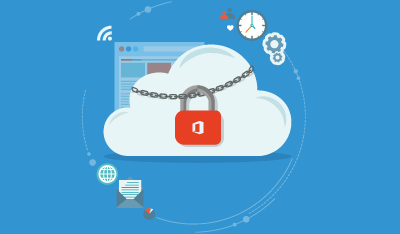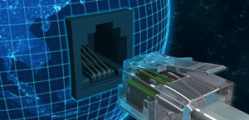Pretty Posts
- Supercharge Your Sales: 5 Elements of a Landing Page That Converts like It’s Nobody’s Business
- How To Create an Online Presence for Your Small Business
- How Online Gambling is Taking Advantage of New Mobile Technology
- Top Gambling Party Games to Play Right Now
- Best PC Games That You Can Download Today
There is nothing more frustrating than losing all your data – be it family photos, the novel you’ve been working on for months, or that all-important dissertation. As soon as you find you can no longer access your files you start to wonder – how could I have prevented this in the first place? Well, with our quick and simple guide we’ll take you through a number of ways you can prevent data loss. You’ll be surprised at how simple and inexpensive they are.
Always remember to back-up
Backing up your data is still the most simple and cost effective way to prevent data loss. All this means is that you keep an original copy of any data held on a device that is external to your main PC or laptop. You can do this in so many ways, from relatively inexpensive cloud storage to somewhat complicated RAID (redundant array of independent disks) system set-ups.
If you’re looking to back-up a few word documents, or maybe family photos, then cloud storage is perfect. Basically, you hire space on an external server, owned by the likes of Google or Apple, where information is held safely and securely. Then, if your hard drive does fail, all you have to do is log on to the cloud system via any web browser and retrieve your information – simple.
Get a bit technical – manage your HDD well
You can prevent major data loss by partitioning your hard drive. What this means is that you separate your system files (the data that runs your computer) from any personal data. In the event your HDD fails, any data recovery software will have a much easier job retrieving personal files if they’re in a separate place. It’s like hiring a detective to look for a missing person – if they’re known to be in a certain place it’ll make their job easier.
Various other good habits will make your life easier:
- Name your files in simply, as this will make locating them much less hassle.
- Turn off your computer if you’re not using it – this reduces the likelihood of damage from a power surge, and also extends the life of your internal components.
- Do not encrypt your files if you can help it – this makes a recovery even more difficult than it normally is. We only recommend you encrypt your files if they contain crucial information around your business or very personal files.
Finally – protect against power surges
Power surges are the hidden killer of internal components. They need an uninterrupted power supply to maintain efficiently operational, otherwise, they’re prone to data writing failures. With a UPS (uninterruptable power supply) – essentially a spare battery – you can keep your HDD (alongside other parts of your PC) running, even when power runs out from the main source. While a UPS won’t keep your device running endlessly – it will give you the time to save any files, shut down windows and keep your information secure.




Leave a Reply